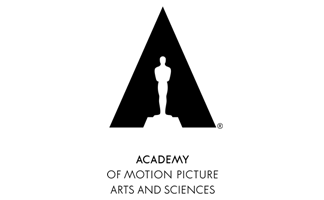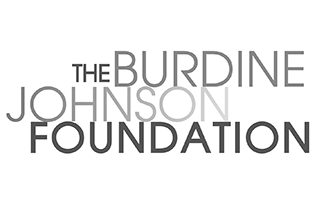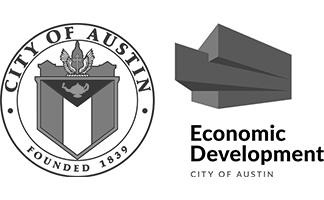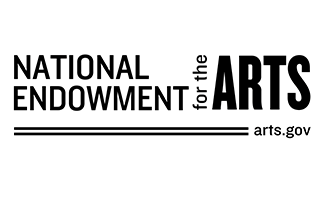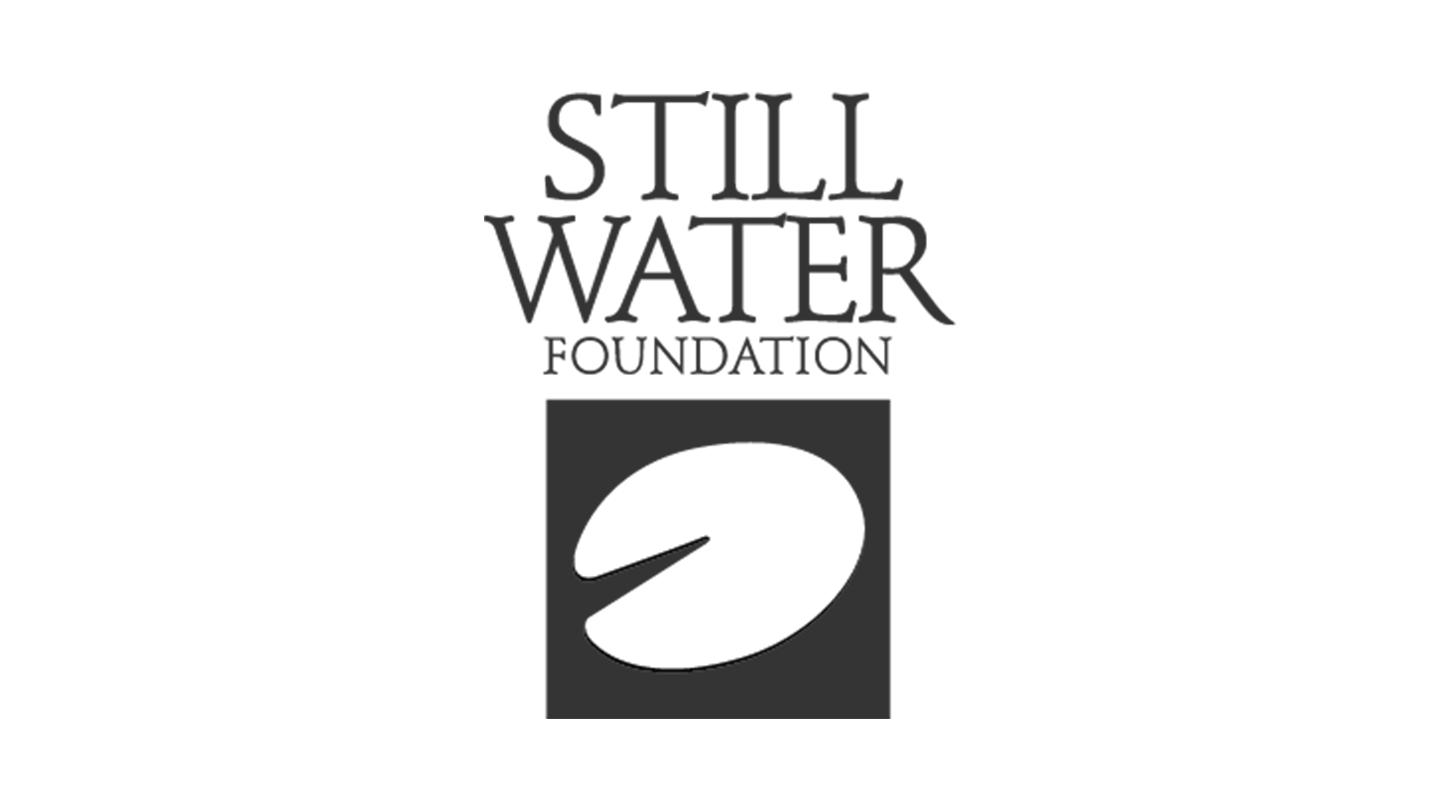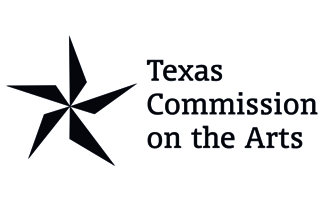Ethan Hawke Presented Five Groundbreaking Films for “Paul Newman’s West” Series with the Austin Film Society on March 24–26
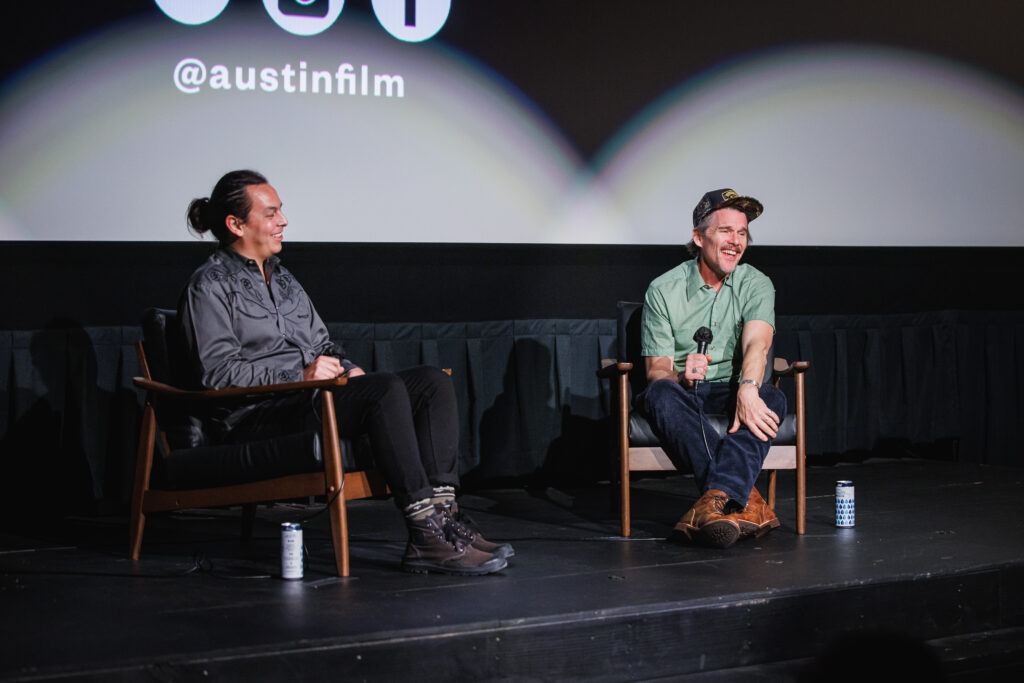
Actor/Director/Producer/Writer Ethan Hawke Spoke with Austin Audiences About Paul Newman’s Trailblazing Attempts to Deconstruct the Western Genre.
March 28, AUSTIN, TX— Over the weekend of March 24–26, the Austin Film Society presented a five-film series with actor/director/producer/writer Ethan Hawke called Paul Newman’s West. All five films were Westerns that starred actor Paul Newman, and all five of the screenings were introduced in-person by Ethan Hawke, who added context to each film based on research he did for his HBO docuseries The Last Movie Stars about actors and life partners Paul Newman and Joanne Woodward.
AFS’s Head of Film Holly Herrick co-curated the series with Hawke, with participation from AFS Lead Film Programmer Lars Nilsen. The five films chosen for the series were The Left Handed Gun, Hombre, Hud, The Life and Times of Judge Roy Bean and Buffalo Bill and the Indians. The films were shown in 35mm with the exception of Buffalo Bill and the Indians, and all five films sold out at the AFS Cinema box office.
After screenings of Hombre (March 25) and The Life and Times of Judge Roy Bean (March 26), Ethan Hawke took to the AFS stage for post-screening discussions of the films with Adam Piron (Kiowa Tribe of Oklahoma and Mohawk), Director of the Sundance Institute’s Indigenous Program.
Click here to download photos from the screenings of Hombre and Hud on Saturday, March 25.
During the post-film discussion of Hombre, Hawke and Piron touched on how they felt Paul Newman and director Martin Ritt’s work on the film was an attempt to change cultural conversations around Indigenous communities. Hawke said, “I think [Newman and Ritt] are talking to white people, and they’re having a very intelligent dialogue with white people and trying to wake them up at a place where they’re available to be woken up, from the inside.” Adam Piron added, with regards to one of the final scenes in Hombre, “It’s Newman and Ritt’s way of saying — in terms of a larger history of American genocide with Indigenous people — we have to give back what’s of value that we’ve taken to these people that are impoverished and very much kept out-of-sight out-of-mind.”
Hawke and Piron’s conversation following The Life and Times of Judge Roy Bean explored Newman’s portrayal of the masculine identity in Westerns. Hawke said of audiences who saw the film when it was originally released, “This is completely undermining the Westerns that a whole generation grew up watching; just bringing up, cavalierly, these huge political issues of the moment in a joking way, reminding everybody how disgusting so much of our past is.” Then, referring to the film’s cast and director John Huston, Hawke said, “These are some of the most macho guys you can imagine, and so you’re like, do they even get the joke? We’re not sure. They must; there’s a certain intelligence to everything John Huston did.”
After The Life and Times of Judge Roy Bean, Ethan Hawke also elaborated on Newman’s relationship to fame and celebrity as seen through his performances in the Westerns chosen for the series. Hawke explained, “There’s this thing about celebrity that puts you in a glass box … One of the reasons why I like Newman in this movie is because it’s him tapping with a hammer really hard on that box going, ‘I’m not Paul Newman. I am a human being, and I’m going to be weird.'” Hawke continued, “If you’re not an actor, you don’t know the pressure that gets put on performers to play into their mythology … That’s why I love him, and that’s why I care about him, care about his work, is because he’s constantly breaking out of it … And you feel in the later part of his career … you feel the actor starting to make peace with who he is … He starts to allow himself to play likable characters again, and I find that kinda touching too in a personal way. He’s really resisting being Paul Newman in these movies, and I both love that and am happy he later decided it was OK to be Paul Newman.”
Ethan Hawke unofficially subtitled the series “Paul Newman’s Personal War with John Wayne,” which framed Newman’s performances as substitutes for the previously established archetypes of earlier Westerns. In his comments following Hombre, Hawke said, “If Newman and that generation was taking the Western away from the John Waynes and Jimmy Stewarts … What are we doing with the Western now? … We have a few art forms that are American, and what are we doing with them? I wonder if this generation is going to be the generation to make a movie this good but actually have it star a guy with brown eyes.”
Click here to download posters and stills from the films in the series.
About Paul Newman’s West
In the 20th Century, America’s cultural imagination was shaped by the ever popular Western, a genre constructed from colonial fantasies and the myth of the heroic individualism of the American male. Hollywood Westerns often traded on tropes that further marginalized and erased Native Americans and the crimes against them for the drama and redemption of white heroes. In Paul Newman’s “new” Hollywood, Westerns offered a chance to create and perform anti-archetypal characters, and an opportunity to critique the hypocrisy — and the absurdity — of white America’s concepts of the Western Frontier. In some ways, these films are “ahead of their time,” in others, their cultural perspectives are dubious. What Newman accomplished was to push traditional boundaries of genre and representation to offer something new, all the while stretching himself as a performer and leading man.
About Adam Piron
Adam Piron (Kiowa Tribe of Oklahoma and Mohawk) is a filmmaker, writer, and member of the Sundance Film Festival’s Short Film Programming Team. He is also the Director of Sundance Institute’s Indigenous Program where he oversees the organization’s investment in Indigenous filmmakers globally. He is also a filmmaker and co-founder of COUSIN: a film collective dedicated to supporting Indigenous artists experimenting with and pushing the boundaries of the moving image. His films have screened in MoMA Doc Fortnight, MOCA Los Angeles, True/False Film Festival, ESPN’s 30 for 30, The New Yorker’s Documentary showcase, San Francisco International Film Festival, Camden International Film Festival, and various other festivals and programs.
About The Last Movie Stars
The Last Movie Stars is a six-part documentary from CNN Films and HBO Max that chronicles Paul Newman and Joanne Woodward’s iconic careers and decades-long partnership. Director Ethan Hawke brings life and color to this definitive history of their dedication to their art, philanthropy, and each other. Academy Award®-winning director, writer, and producer Martin Scorsese serves as executive producer.
About Austin Film Society
Founded in 1985 by filmmaker Richard Linklater, AFS creates life-changing opportunities for filmmakers, catalyzes Austin and Texas as a creative hub, and brings the community together around great film. AFS is committed to racial equity and inclusion, with an objective to deliver programs that actively dismantle the structural racism, sexism and other bias in the screen industries. AFS supports filmmakers from all backgrounds towards career leaps, encouraging exceptional artistic projects with grants and support services. AFS operates Austin Studios, a 20-acre production facility, to attract and grow the creative media ecosystem. Austin Public, a space for our city’s diverse mediamakers to train and collaborate, provides many points of access to filmmaking and film careers. The AFS Cinema is an ambitiously programmed repertory and first run arthouse with broad community engagement. By hosting premieres, local and international industry events, and the Texas Film Awards, AFS shines the national spotlight on Texas filmmakers while connecting Austin and Texas to the wider film community. AFS is a registered 501(c)(3) non-profit organization. More at austinfilm.org.
Media Contact
Will Stefanski
will@austinfilm.org

